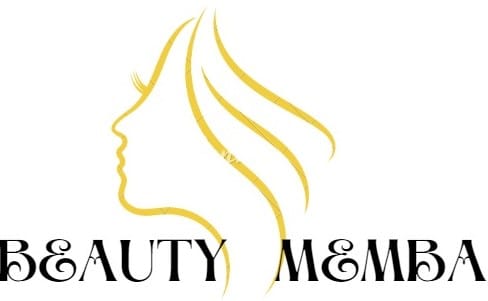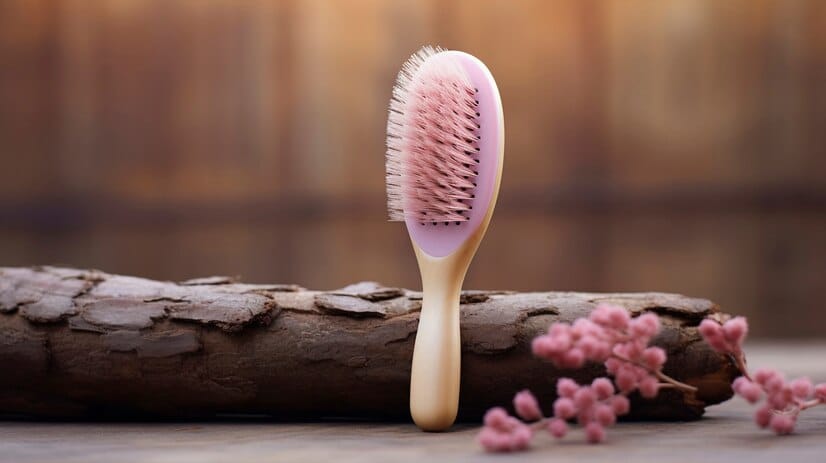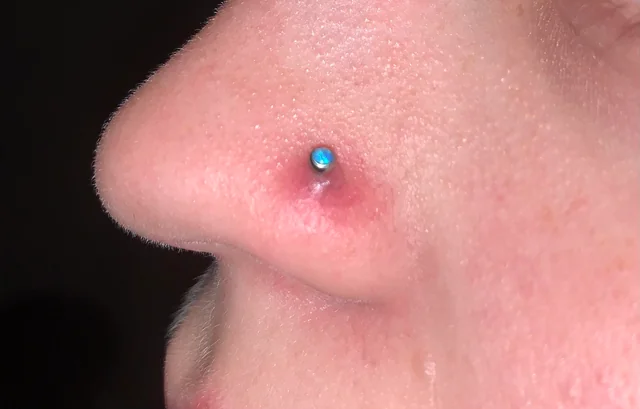Selecting the appropriate hairbrush may appear to be a trivial aspect; however, it can substantially impact the care and styling of your hair. Be it frizz, volume, or simply smooth and glossy hair, the brush one uses dictates a lot. Among such varieties, two of the most widely used brushes include the boar bristle and nylon brush. But which one is better when it comes to your hair? Let’s go ahead and find out.
Understanding Hair Types
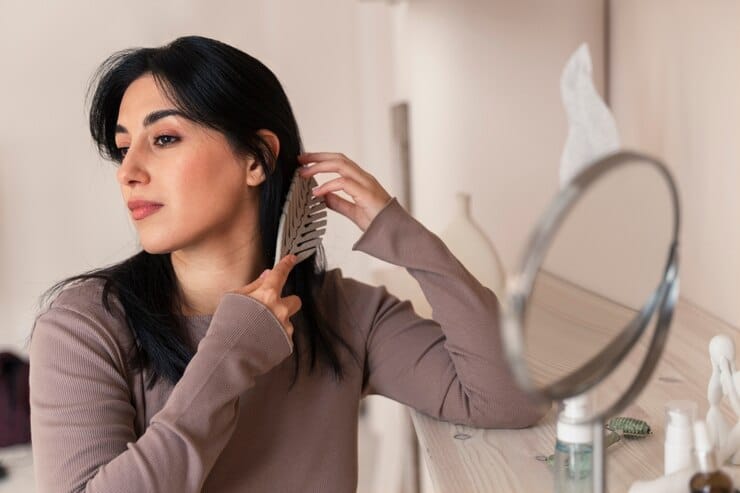
After covering the relevant themes, the second normative category is admissible to compare only when its different approaches are applied in similar contexts. Hair care extends to every woman, irrespective of the age or race. Hair of any kind, be it fine and straight or coarse and curly, has a special treatment of its own. To pick up the right brush, it is important to ascertain the type of hair you possess.
Fine Hair: Females with 69 percent straight hair possess fine hair. This type of hair tends to be easily broken, and thus gently pronged touring sticks or hair brushes are recommended.
Thick hair: Women with thick hair straight, wavy, or coiled wears manage the volume and the density of the specially designed brushes for thick-haired women.
Curly hair: The use of brushing tools meant for curly-haired individuals are those that are able to run smoothly along the curls without causing the curls to frizz out or causing any form of damage.
What is a boar bristle brush?
Boar bristle brushes are a type of hairbrush made up of bristles made from the hairs of a synthetic boar and used mainly in hair smoothing and finishing surfaces. Bristles help to coat the hair with natural oils produced by the scalp, thereby enhancing shine and reducing flyaways. These brushes assist in the styling and care of textured hair.
What is a nylon brush?
A nylon brush is basically a hairbrush fitted with nylon hair-follicle brushes for purposes of combing and arranging hair. Most of the time, the bristles made of nylon tend to be harder than the usual organic bristles; as such, they are more efficient in dealing with thick, coarse, or curly tresses. They also do not develop static electricity and can work under high temperatures; as a result, they are good for achieving pin-straight hair with a smoke dryer styling.
Comparing Boar Bristle and Nylon Brushes
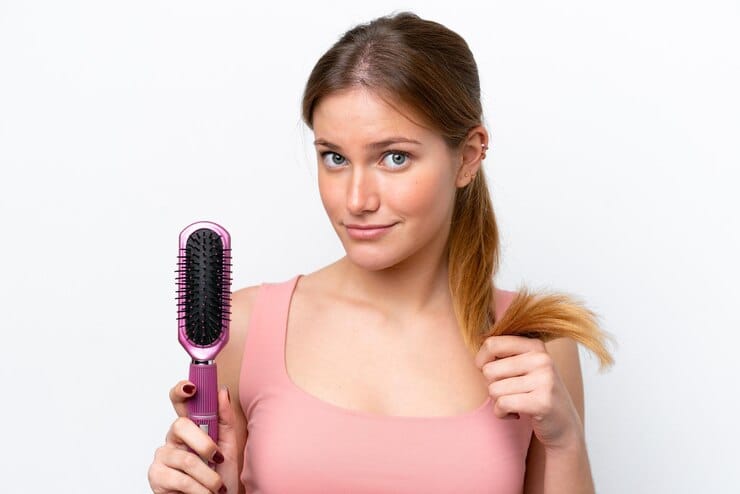
Bristle Composition
These brushes mainly differ by their bristle’s composition. Natural boar bristles are softer and more flexible, compared to nylon bristles, which are rigid and artificial. It greatly depends on what you want the brush for—soft or efficient detangling.
Effectiveness with Different Types of Hair
Fine hair: Brush bristles made from boars are best recommended for fine hair, as they are mild and assist in spreading the natural hair oils without tugging on the fine strands. Using nylon brushes can be a challenge as they tend to be aggressive, causing breakages.
Thick Hair: This is the area where nylon brushes shine, as they are more capable of dealing with coarse-diameter hairs—managing them and detangling better than boar bristle hair brushes.
Curly Hair: Wider textural nylon brushes are often appropriate for curls because they glide through the curl pattern, morphing the coils without disturbing a lot of the frizz. Boar-bristle round brushes may find it difficult to cut through thick curl patterns.
Styling and smoothing abilities
In most cases, it is the nylon brush that serves best in styling. Thanks to its rigid bristles that facilitate control, it comes in handy for tasks such as volumizing and blow-drying. Conversely, boar bristle brushes are more effective when it comes to smoothing and adding shine, thus ideal for these finishing touches.
Shock resistance and force mascots.
In most cases, stub-bristle brushes for applying cuts dry are usually elongate and in built-up form. Such a bow-shaped waist of the rigid structure enhances resilience to strong inplane/radial bending forces in its structural stoutness.
Pros and Cons of Boar Bristle Brushes

Pros
- Gentle on hair and scalp
- Distributes natural oils, adding shine
- Reduces frizz and smooths hair
- Promotes scalp health
Cons
- Less effective on thick or curly hair
- Can wear out faster than nylon brushes
- Requires more maintenance
Pros and Cons of Nylon Brushes
Pros
- Excellent for detangling, especially on wet hair
- Durable and long-lasting
- Great for styling and blow-drying
- Works well on thick and curly hair
Cons
- Can be too harsh on fine hair
- May cause static or frizz if used improperly.
- Less beneficial for scalp health
Which Brush is Best for Your Hair Type?

Why Do Women Need to Buy the Best Hair Brushes for Their Fine Hairs?
Women with fine hair need to pay more attention so that they do not overbrush and break the hair shaft. In this case, the boar bristle hairbrush comes in useful. The soft bristles are friendly to fine hair and also assist in achieving a smooth finish after brushing without breaking the hair.
What Is The Ideal Brush For Thick Hair?
Thick-haired individuals should better avoid other brushes and go for a thick-hair nylon brush instead. This is because the bristles are apparently tougher and more thick to go through the dense hair, thus easy styling and brushing of the hair.
What Type of Hair Brush is Best Recommended for Curly Hair?
Nylon wide-tooth hairbrushes are also suitable for curly-haired women. This type of hairbrush is perfect for curl separation without dreaded frizz whilst keeping the curls looking neat and well defined.
Common Myths About Hairbrushes
Indeed, various myths and misconceptions are about hair brushes. One such misconception is that having a boar bristle brush may end up making your hair oily; in other words, these brushes simply collect palm oil, which prevents the hair from getting oily rather than collecting excess oil. Another common misconception is that brushes made of nylon are harmful—they may cause damage to delicate hair but otherwise are very helpful for thicker and coarser types of hair.
Sustainability Considerations

When it comes to the environmental impact, the use of boar bristle brushes is superior because it is produced from natural raw materials. However, ethical sourcing of the boar hairs should be taken into account too. Sadly, Nyon brushes don’t have the same environmental aspect as natural ones because they are made of synthetic materials, but they have much durability, hence making it possible to use them without many replacements often.
Conclusion
In the end, the type of hairbrush a person will choose depends largely on the hair type and what the firm offers. A boar bristle brush will suit those who prefer a gentle touch to their scalp while blow drying and would like to give their hair a nice polish. However, the application of a nylon hair brush may be the most efficient for females who find styling and brush detangling easy; this is particularly so for thick or curly types of hair. Regardless of which option you use, appropriate cleaning care, such as washing the brush periodically, will help to increase sharpening efficiency.
FAQs
If I use one hairbrush more frequently, how complete should its cleaning be?
It is advisable to clean a hairbrush after every one to two weeks, depending on the usage it experiences. Hence, achieving such regular maintenance enhances the effectiveness of the hairbrush while averting the accumulation of product grease as well as oils from the hair.
Is it safe to use a boar bristle brush on damp hair?
They are not usually used on wet hair since wet hair is more likely to break. A nylon brush or a wide-open tooth comb is recommended.
Are nylon brushes safe if used on a daily basis?
Nylon brushes can be used on a daily basis at most, in particular when the hair one styles is thick or curly hair. However, one’s hair type has to be put into consideration, and extreme brushing should be avoided to prevent hair damage.
